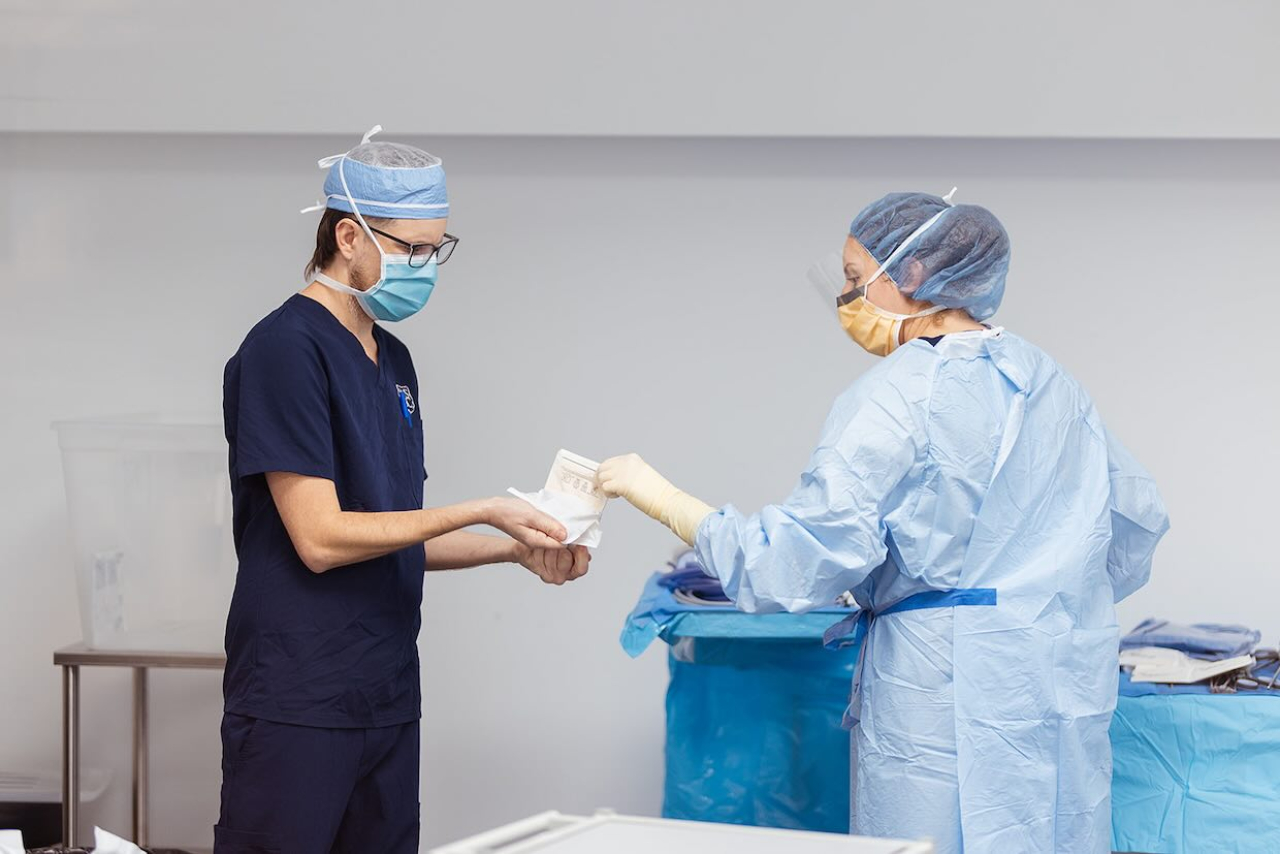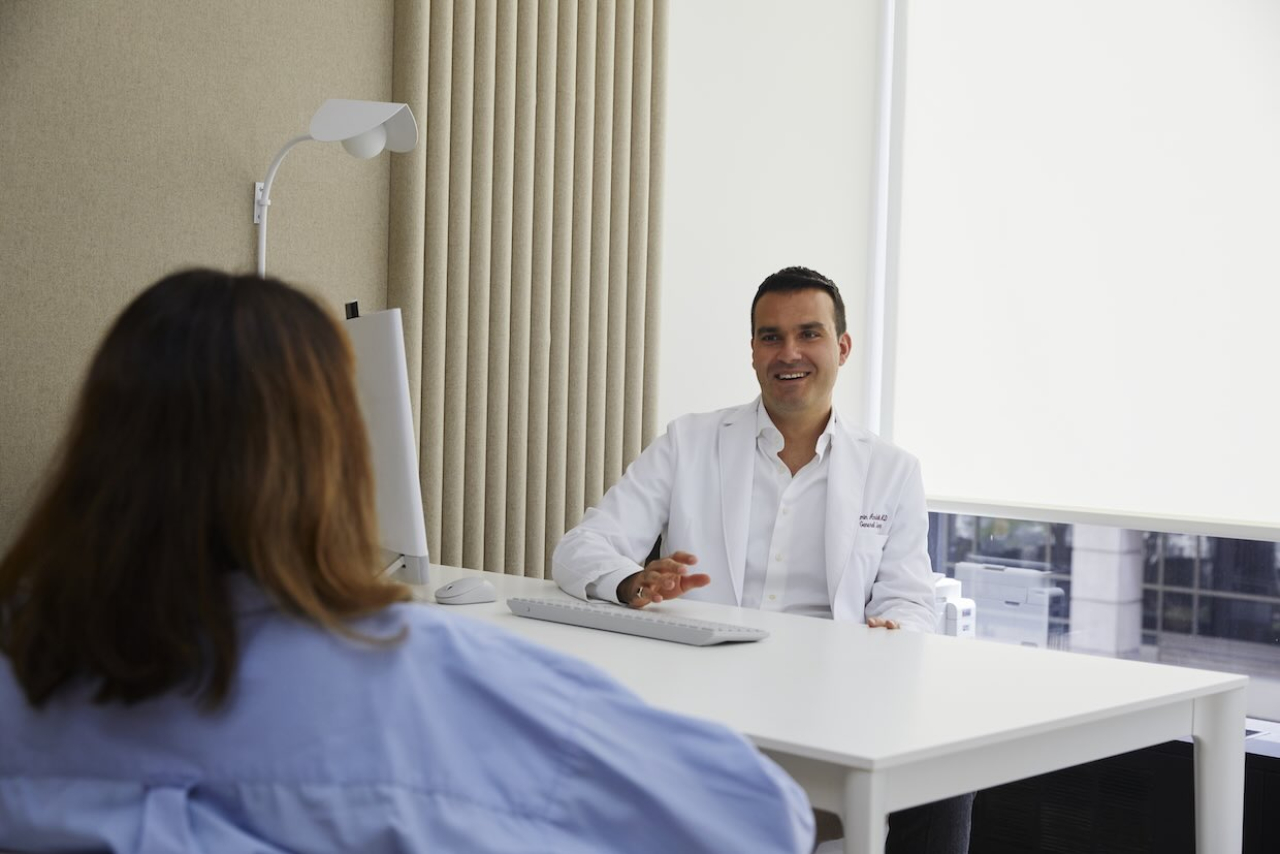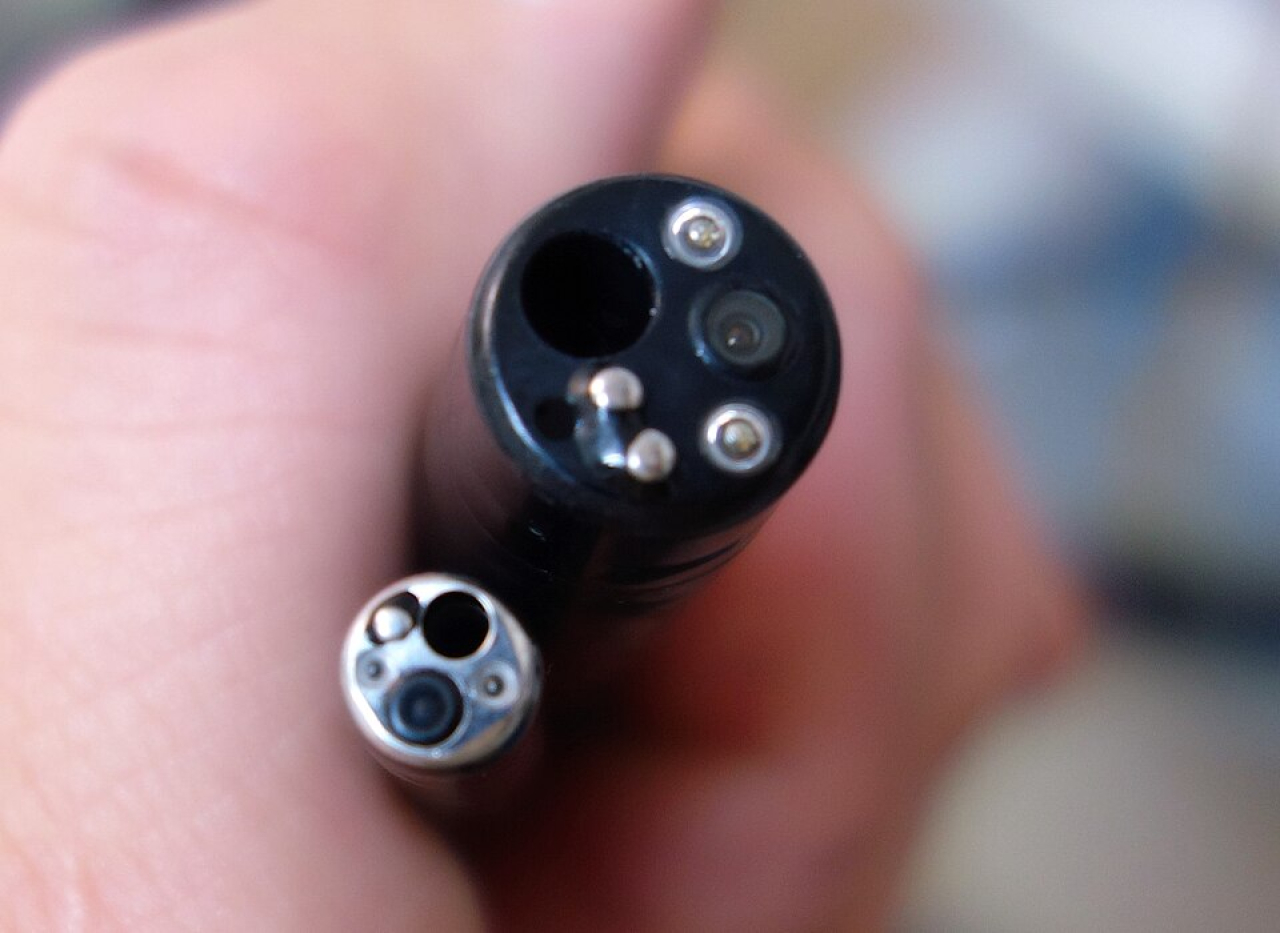Community Involvement
New and Improved Methods in Laparoscopic Sleeve Gastrectomy Procedures
Recently, an article was published featuring Dr. Michel Gagner (program chair of ASMBS American Society for Metabolic and Bariatric Surgery) and Dr. Raul Rosenthal, director of the Bariatric and Metabolic Institute at the Cleveland Clinic in Florida. The two medical professionals were featured in an interview on the outcomes of the 2015 Sleeve Consensus, a conference on laparoscopic sleeve gastrectomy (LSG) procedures. New and improved methods for the surgery were discussed and also published in a paper. Here is a summary on their explanation of why most surgeons have adopted LSG as their main procedure since 2011.
Facts
According to Dr. Gagner, LSG is now the most common bariatric surgery procedure being performed at this time. Its popularity in comparison to the Roux-en-Y gastric bypass is due to the following reasons:
LSG is simpler, more efficient and has a lower chance of death
LSG has a lower chance of complications (50% less)
LSG has better preventative measures and reinforcements
As a result, there have been less bowel obstructions, gastrojejunal ulcers and cases of rapid gastric emptying (dumping) – a painful and uncomfortable syndrome that generally occurs after bypass surgery due to food moving into the small bowel too quickly.
There are also less serious micronutrient problems and cases of bone demineralization.
LSG can also be performed as a stand-alone procedure, on high risk patients, kidney and liver transplant patients, patients with metabolic syndrome, people with high body mass indexes (BMI) and associated conditions, patients with inflammatory bowel disease and older patients.
Why is it important to see a specialist vs. a general surgeon?
Dr. Gagner believes there is a gap between the knowledge of general surgeon groups and expert surgeons when it comes to LSG procedures. This is because:
Weight loss outcomes five years after surgery by an expert surgeon were significantly higher than general surgeon procedures.
There were less leakage rates.
Hiatal hernias (a hernia between the esophagus and stomach) can be corrected during LSG and need to be looked for by expert surgeons.
Hiatal hernias do not stop LSG procedures unless a severely incompetent sphincter is proven.
80% of patients who experience GERD (Heartburn) \before surgery are cured, only 5% developed new reflux and need regular medications for it..
When LSG is performed as part of a two-stage procedure (which means less risky), insurance often covers both aspects of the procedure.
What can happen after an LSG procedure?
According to Dr. Rosenthal, gastroesophageal reflux disease (GERD) and Barrett’s esophagus, a severe form of GERD are still issues that are faced. Symptoms of GERD can occur especially after eating a big meal and the severity of these symptoms are dependent on a person’s BMI. It’s important to note however, that like leaks, this is something that will be focused on over the next decade. Therapeutic procedures are already being put into place and closely studied to remedy this issue.
Conclusions
Dr. Gagner believes that LSG should be seen as a primary procedure in treating obesity and the first step in treating type 2 diabetes in either non-obese or severely obese people. He believes that LSG procedures should override old notions of gastric bypass being the solution for diabetes as LSG has shown more promising outcomes.


